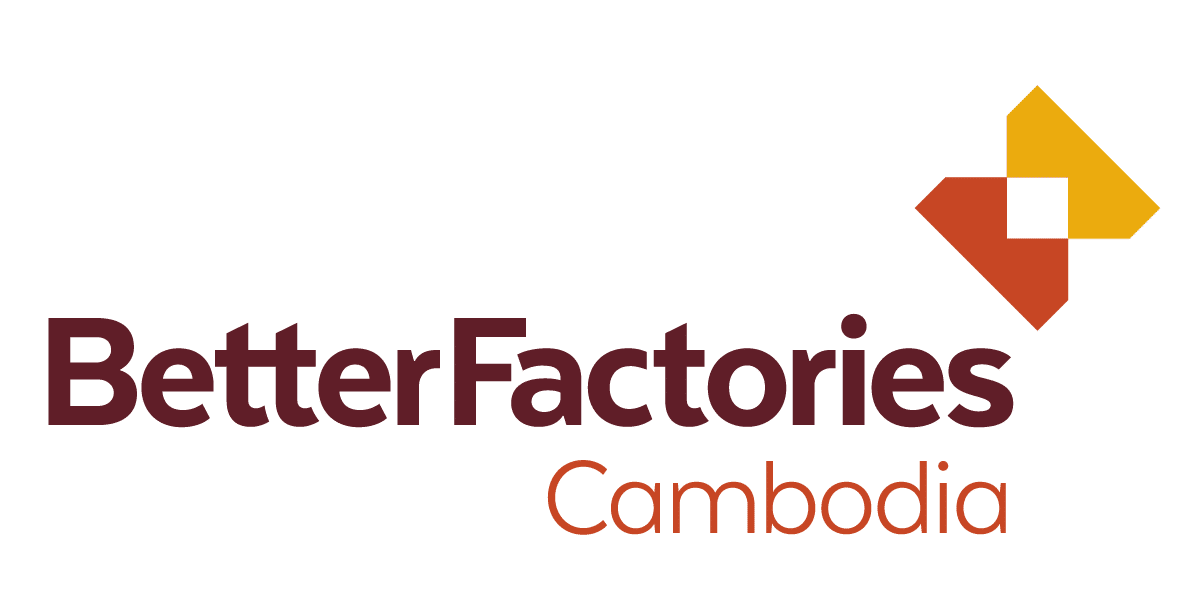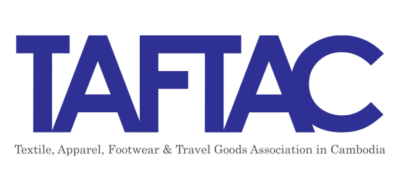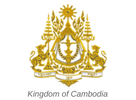Better Work Cambodia
Better Work operates in Cambodia as Better Factories Cambodia (BFC).
BFC started in 2001 as the foundational programme of Better Work, which is a joint programme between the International Labour Organization (ILO) and the International Finance Corporation (IFC), a member of the World Bank Group. BFC has been instrumental in improving working conditions in the garment sector while increasing the competitiveness of Cambodia as a smart sourcing destination.
With over 660 participating factories, employing more than 645,000 workers of which approximately 80% are women, BFC is committed to gender equity and empowerment in the workplace and aims to improve the lives of workers, their families and communities as well as the competitiveness of Cambodian garment, travel goods and bag sector and footwear factories in the global market.
BFC assesses factories’ compliance using a Compliance Assessment Tool (CAT) that is a aligned with international labour standards and national labour law. BFC’s Transparency Database enables stakeholders and the general public to access reliable information on the compliance performance of member enterprises in key areas. Through its voluntary advisory services, BFC staff help factories to set up bi-partite (worker-management) committees with equal management and worker representation that, with the support and coaching of a BFC Advisor, develops and implements a factory improvement plan. BFC also offers stakeholders at all levels (workers, management, government officials, human resource personnel, trade union representatives) customized training on transferable skills, leadership and workplace compliance.
Working alongside our partners:
Working under a Memorandum of Understanding (MoU) with the Royal Government of Cambodia, BFC is guided by a tripartite Project Advisory Committee (PAC) comprised of representatives from the Ministry of Commerce (MoC), the Ministry of Labour and Vocational Training (MoLVT) as well as representatives from different employers’ organisations, federations and confederations. Through its PAC, BFC holds regular consultations to ensure the relevance, effectiveness and sustainability of the programme’s interventions.
As a key player in policy consultation, BFC helped shape the Royal Government of Cambodia’s recent Cambodia Garment, Footwear and Travel Goods Sector Development Strategy 2022-2027 (GFT Sector Strategy). This strategy has a vision to upgrade the industry to one that is resilient, environmentally sustainable, supportive of economic diversification, with a focus on higher value-added products. The GFT Sector Strategy positions BFC as a convener and advisor in ensuring the sustainability and long-term health of the sector.



